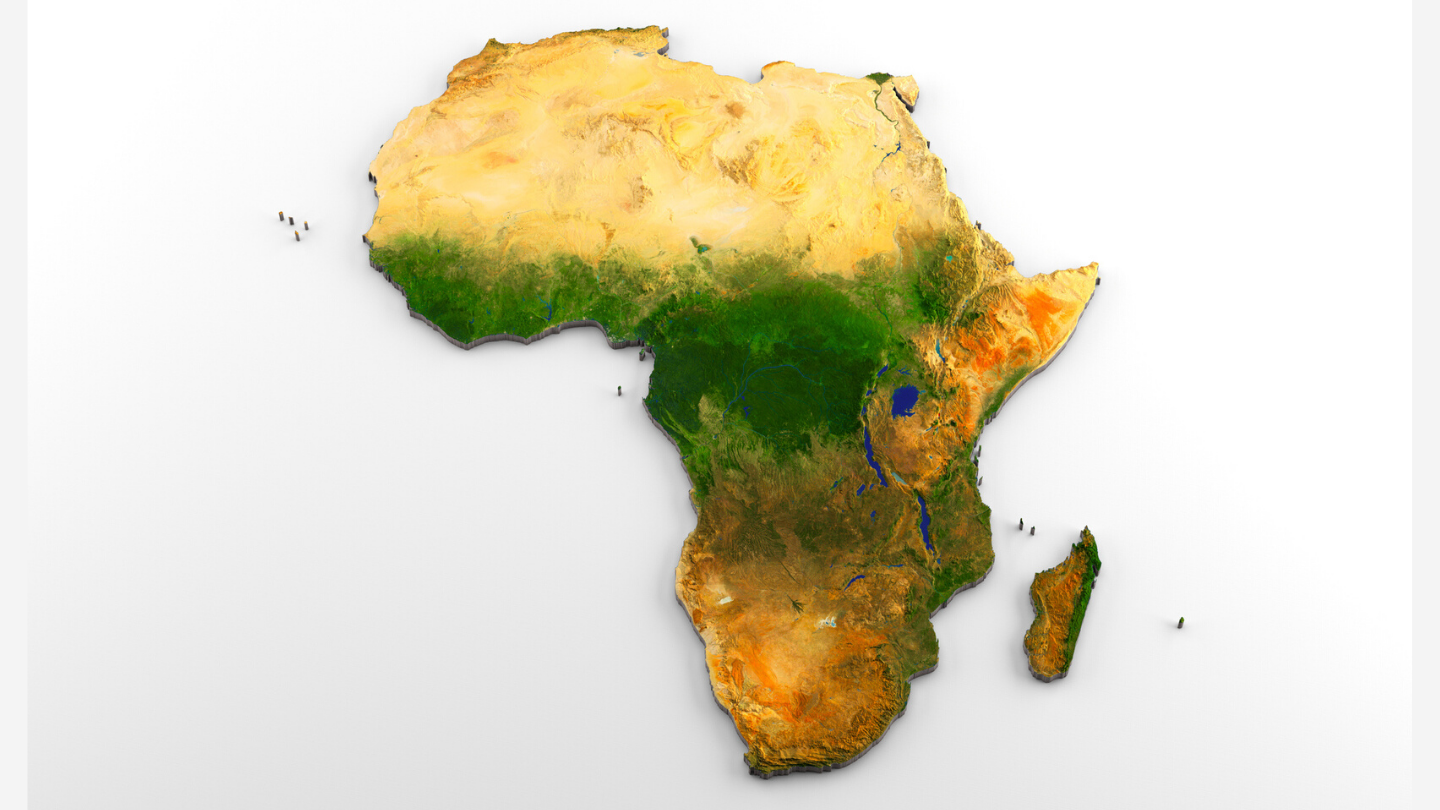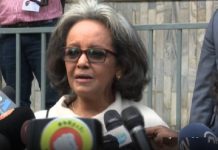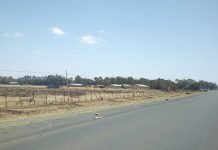Africa-Press-Ethiopia From Yoweri Museveni’s re-election in Uganda to the death of Chadian president Idriss Déby and the ongoing crisis in Ethiopia, the year has been eventful for Africa. A quick look at some of the events that shaped the year.
Yoweri Museveni re-elected in Uganda, amid fraud allegations
The start of the year brought with it a political upset in Uganda. President Yoweri Museveni won the presidential election on January 14, with 58.6% of the votes, catapulting him into his sixth term in office. But the opposition candidate Bobi Wine, who won 34.8% of the votes, alleged that there had been widespread election fraud and called on Ugandans to reject the results. Wine, a former singer whose real name is Robert Kyagulanyi, then took his election challenge to the supreme court, saying he had evidence of vote rigging. However, three weeks later, he asked his lawyers to withdraw the case, claiming the judges were biased.
Museveni’s presidency began in 1986 off the back of a rebel movement in the country. He was initially hailed as a modern leader following the brutal de facto dictatorships of Idi Amin Dada and Milton Obote, but his grip over the country has gradually become more authoritarian.
Chadian President Idriss Deby dies on the battlefield
Just hours after he was declared the winner of the presidential election, Chad’s president, Idriss Deby Itno, died on April 20 while fighting rebels in the north of the country. He had just won his sixth mandate after three decades in power. A military transition council took power, led by Idriss Deby’s son Mahamat Idriss Deby, a 37-year-old general. He promised to set up “free and transparent” elections in the country within 18 months. In November, he decreed an amnesty for rebels and political opponents in the country, aiming to open dialogue with armed groups.
Ivory Coast’s former president Laurent Gbagbo returned home on June 17 for the first time since his ouster from power in 2011. He took a passenger flight from Brussels, where he had lived after The Hague’s International Criminal Court acquitted him in January 2019 of war crimes. Hundreds of supporters greeted him at the airport. After meeting his old rival Henri Konan Bédié, he then met with the current leader Alassane Ouattara at the presidential palace on July 27 – their first meeting since the embattled election of 2010, which led to a bloody civil war. In October, Gbagbo launched a new political party, and has yet to rule out running for the next presidential election in 2025.
Tigrayan rebels take Mekele in Ethiopia
Rebel fighters entered Mekele, the capital of Ethiopia’s Tigray region on June 29, prompting Ethiopia’s government to call a ceasefire after almost eight months of fighting. It marked a major turning point in the conflict. Mekele had been under the control of federal troops since November 28. The arrival of rebel fighters in the town sparked celebrations, with residents coming out and dancing in the streets.
The war has caused thousands of deaths, displaced more than two million people and plunged hundreds of thousands of Ethiopians into famine. On December 20, Tigrayan fighters announced that they would withdraw from regions outside of Tigray in order to allow humanitarian aid to arrive.
On November 9, France returned 26 artworks looted from the Palace of Abomey by colonial troops and until then displayed in the Musée du Quai Branly – Jacques Chirac in Paris. French President Emmanuel Macron met the Beninese President Patrice Talon at the Élysée Palace and conducted an official ceremony to hand over the treasures after almost 130 years away from their country of origin. Hundreds of Beninese people gathered at Cotonou airport to welcome home the artworks in an emotional and historical moment for the country.
Goodbye to French troops in Timbuktu
French troops left the Malian town of Timbuktu on December 14, eight years after their arrival. General Étienne du Peyroux, head of France’s Sahel mission Operation Barkhane, briefly shook hands with the camp’s new Malian commander, who was also offered a symbolic wooden key as a parting gift. It was in this town that former French President François Hollande officially marked the start of the French deployment in the region on February 2, 2013, after French and Malian troops liberated the UNESCO world heritage city from the control of jihadist groups. But almost nine years later, France is winding down its involvement in the region in 2022, going from 5,100 soldiers to 4,800 in January, 4,000 by the summer and 3,000 by the summer of 2023.
Congolese music and Senegalese national dish recognised by UNESCO
On December 14, Congolese rumba was added to UNESCO’s intangible cultural heritage list, joining the Central African Republic’s polyphonic pygmy music (added in 2003) and the drums of Burundi (added in 2014). In Kinshasa and Brazzaville, rumba specialists trace the music’s origins back to the Kongo kingdom, where a dance called Nkumba originated. Rumba in its current, modern form dates back hundreds of years. It has been made famous by musicians like Papa Wemba, Grand Kallé, Wendo, Tabu Ley Rochereau, Franklin Boukaka and Pamelo Mounka.
UNESCO also added thiebou dieune, Senegal’s national fish dish, to its intangible heritage list in December. The dish, made with rice, fish and different vegetables, served with or without tomato, is often eaten as a lunchtime dish in families and restaurants across the country.






